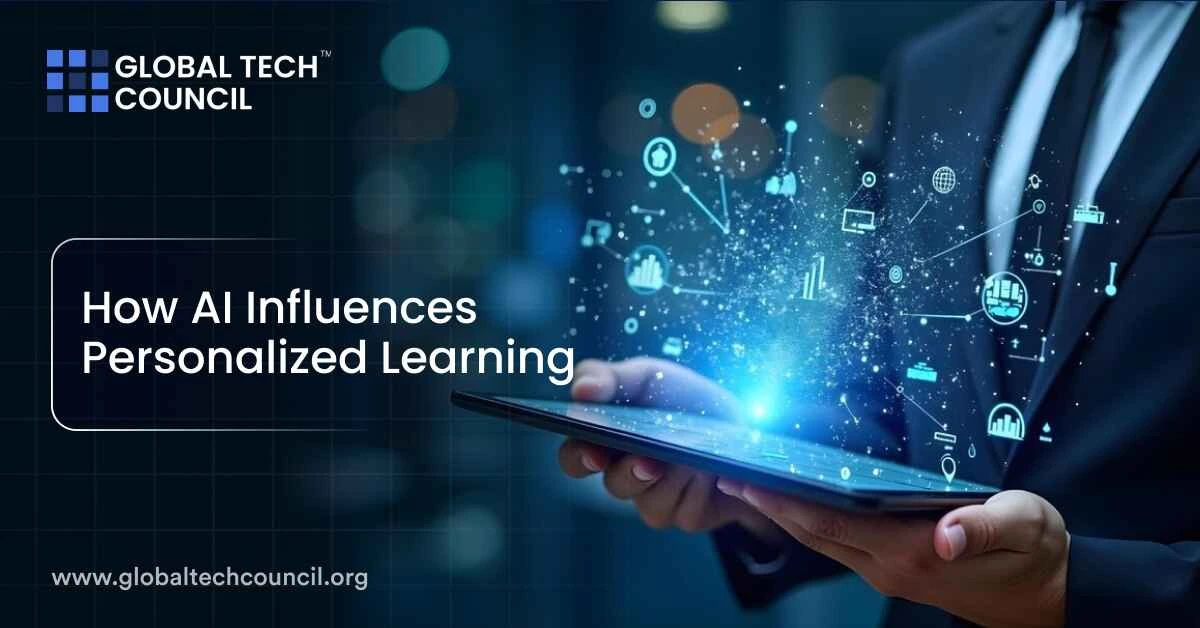
Artificial intelligence (AI) is changing how students learn by offering approaches crafted to meet individual needs. This shift makes lessons more engaging and helps learners succeed by concentrating on their strengths and areas needing improvement.
What Is Customized Learning?
Customized learning adjusts teaching methods to fit the unique speed, preferences, and requirements of each learner. Traditional classrooms tend to stick to a single plan for all students, which can overlook their individual needs. In contrast, this approach focuses on how a student learns, what they already know, and where they might face challenges. This focus encourages students to stay interested and often leads to better academic results.
How AI Supports Education
AI acts as a helpful tool for tailoring learning experiences. It examines large amounts of data about students, identifies patterns, and uses that knowledge to adjust lessons to fit each learner. Think of it as similar to a teacher noticing where a student struggles, but AI can perform this task for many learners at once.
Programs powered by AI adapt as students engage with them. These systems assess progress, strengths, and areas where learners need support. For example, if fractions confuse a student, the program might offer simpler tasks, visual explanations, or engaging activities to make the topic easier to understand.
AI is transforming the way students learn, offering personalized tools tailored to individual needs. The CAIE Certified Artificial Intelligence (AI) Expert® certification helps professionals understand and drive these advancements.
Tools That Use AI in Learning
Flexible Learning Systems
AI-driven platforms adjust content based on how a learner performs. If a concept feels difficult, the system supplies extra help or alternative explanations. On the other hand, when a student excels, it introduces more advanced material to maintain their interest.
Virtual Tutors
AI tutors provide personalized support, acting like one-on-one instructors. They answer questions, correct mistakes, and assist with tough subjects. This setup gives students a unique experience while reaching many learners at the same time.
Creating effective AI-driven solutions requires expertise in crafting precise inputs for better results. Becoming a Certified Prompt Engineer™ equips you to optimize these systems, especially in educational contexts.
Real Examples of AI in Education
Khan Academy’s AI Tool
Khan Academy introduced a virtual assistant called “Khanmigo.” It helps students practice on their own while offering immediate guidance. Built with collaboration from Microsoft, it also helps teachers create lessons and understand data better. The aim is to improve education for millions in the coming years.
Duolingo’s Language App
Duolingo uses AI to adjust lessons for each learner’s abilities. It tracks progress and provides tailored feedback and advice. This ensures students work on material that matches their skill level and learning speed.
A Chat Tool for Families
In 2024, the Los Angeles Unified School District launched “Ed,” a chatbot powered by AI. It provides information about grades, attendance, and assignments. Ed also encourages students to complete their work and communicates in several languages, making it accessible to non-English-speaking families.
AI tools are making learning more personal. The Certified Artificial Intelligence (AI) Developer® credential shows you how to build these tools.
Why AI-Driven Learning Stands Out
AI improves the learning experience in several ways:
- Keeping Interest Alive: Students stay engaged with lessons that align with their abilities and interests.
- Better Understanding: Tailored teaching makes concepts easier to grasp, leading to stronger academic performance.
- Serving More Students: Unlike traditional teaching methods, AI can offer customized lessons to large groups simultaneously.
Addressing Challenges
Despite its potential, using AI in education raises certain concerns:
- Privacy Concerns: Analyzing student data sparks worries about storage and protection. Systems must follow strict rules to build trust.
- Unequal Access: Without careful planning, AI tools could increase gaps in education. Ensuring equal access for all students is necessary.
- Balancing Technology and Teaching: Depending too much on AI might reduce the role of human educators. A balance between technology and personal interaction is essential.
The Future of AI in Learning
AI has significant potential to make education better. Developers are working on systems that are smarter and even more responsive to individual needs. Collaborations between schools and technology companies will play a big role in building tools that are effective, ethical, and accessible for everyone.
By addressing the challenges thoughtfully, AI can create educational opportunities that benefit students everywhere.